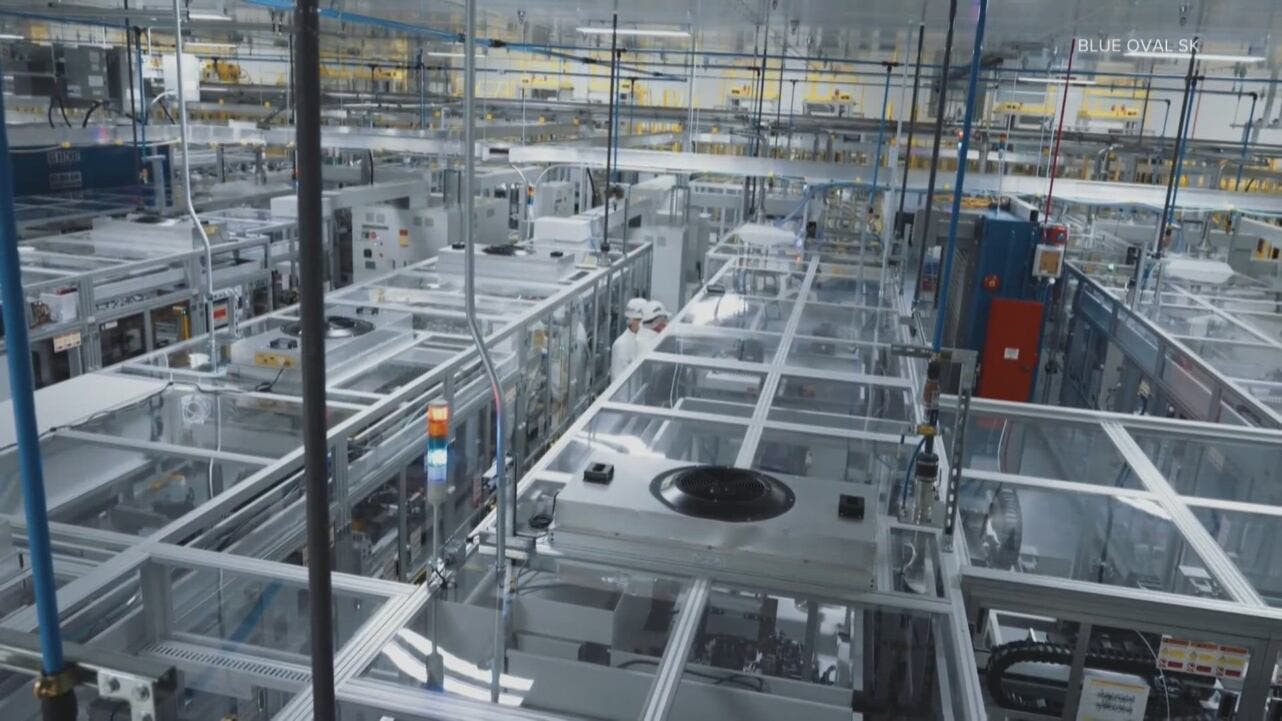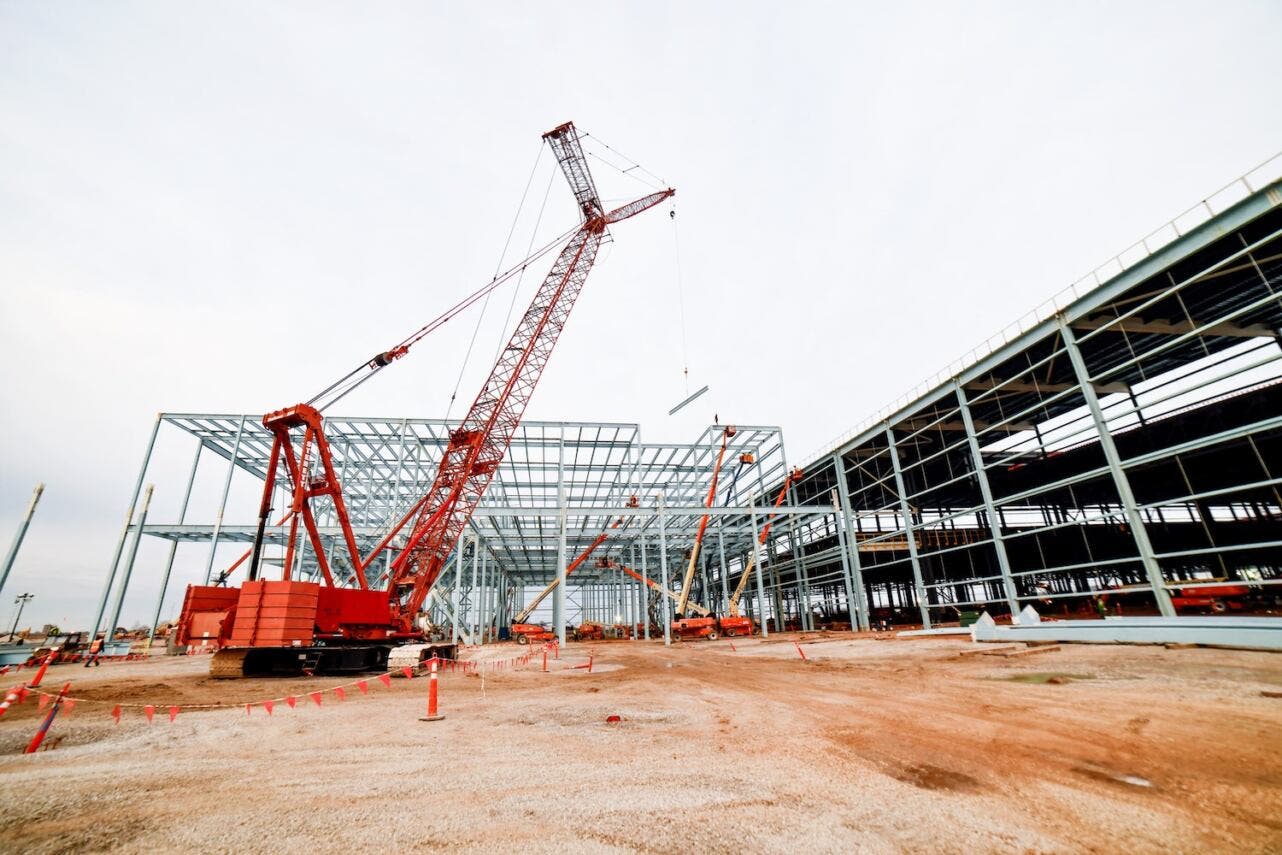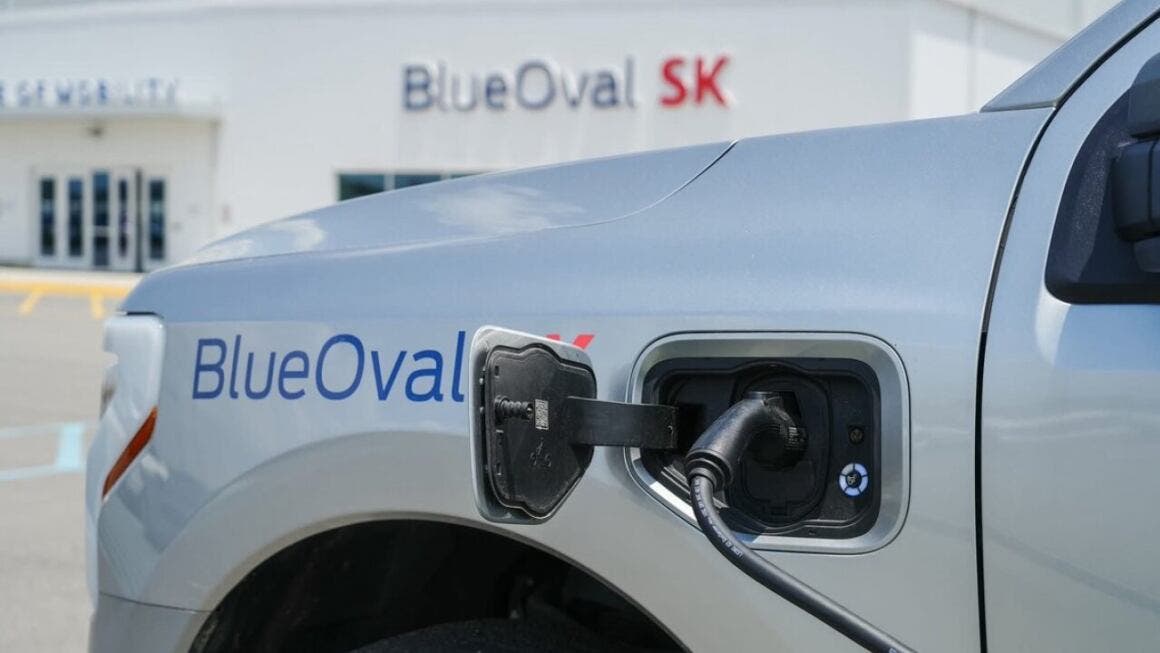Ford and its South Korean partner SK On are actively seeking new buyers for the surplus batteries produced at their brand-new joint venture plant in Kentucky. The move highlights the ongoing slowdown in US electric vehicle demand, forcing the companies to rethink their original plans.
The Blue Oval SK plant in Glendale, Kentucky, officially launched operations this week. Initially, the facility was designed to exclusively supply Ford’s EV lineup, including the F-150 Lightning pickup. But as sales decline and production outpaces demand, Ford and SK On are now looking to broaden their customer base, offering batteries to other automakers as well as stationary energy storage companies.

Michael Adams, CEO of the joint venture, confirmed that discussions are underway and said the chances of landing new contracts are “quite high”. Reports suggest that Nissan has been in talks to purchase batteries, though no deal has been finalized yet.
The challenges stem from a clear drop in EV demand. Sales of the F-150 Lightning fell 26% in the second quarter, and the outlook has worsened due to changes in federal policy. Beginning September 30, the $7,500 federal EV tax credit will be eliminated under President Donald Trump’s $3.4 trillion tax package, making electric models less competitive on price. When first announced in 2021, the project was backed by $9.2 billion in U.S. Department of Energy loans and envisioned three massive battery plants across Kentucky and Tennessee. But the rollout has since slowed.

The Glendale facility will employ around 1,450 workers, well below the 2,500 originally planned, and construction of a second Kentucky plant has been put on hold. Meanwhile, Ford has delayed the launch of its next-generation all-electric F-Series pickup until mid-2028, pushing back full-scale production at its $5.6 billion complex in Stanton, Tennessee.
Currently, the Blue Oval SK facilities are producing nickel-manganese-cobalt (NMC) lithium-ion batteries, widely used across the EV industry thanks to their high energy density. However, Ford is shifting its EV strategy toward affordability, with plans to start building lithium-iron-phosphate (LFP) batteries, cheaper but more durable, at a separate $3 billion plant in Marshall, Michigan, beginning next year. That facility is not part of the SK On joint venture.
The strategic pivot comes as Ford faces mounting financial pressure. The automaker posted a $5.1 billion loss from its EV division in 2024 and warned the shortfall could grow this year. CEO Jim Farley emphasized that future EV models must be profitable within their first year on the market.
